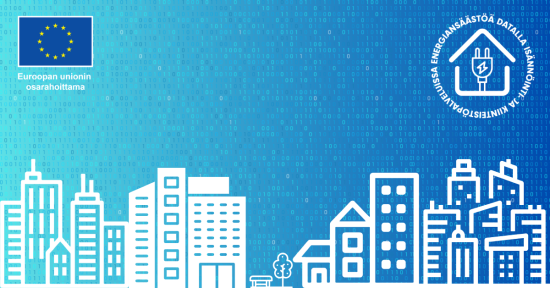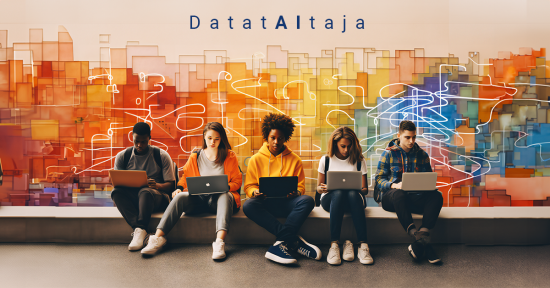The Internet is a human network, a social turbocharger. On the social media, we get hooked on our connections with other people. It is said that the social media encourage users to retreat into echo chambers, networking only with people who think in the same way. But is that a bad thing?
The Internet has brought together subculture enthusiasts from around the world for the first time. With the arrival of the Internet, many anime nerds, ethnonationalists and nature activists realised that they were not the only ones in the world interested in their chosen subject.
On the internet, global subcultures based on common ideas and hobbies have emerged alongside local cultures based on geography. Many people have a greater sense of belonging with their international online communities than with their neighbours.
Online communities are an everyday part of how we spend our free time, but have yet to break through in working life or learning. It’s illustrative that so many online meetings flop, while in online games, a joint attack with 25 online players goes off without a hitch.
The days of polarisation are over
Until about ten years ago, e-learning evoked images of educational games in a school computer lab and PDF materials shared on Moodle. The divide ran between teacher-led, contact-based instruction and online courses, with contact teaching almost always considered higher quality. It was thought that community and interaction were possible face-to-face, but on the internet everyone completes their tasks independently.
Now we know that this juxtaposition is needless; people were simply unable to make use of the natural interactivity and community that exist online in e-learning.
Social learning is demanding for both learner and teacher. Studying does not become more effective when lectures are sent out as video recordings and discussions are moved to the course forum.
“It is possible to put together a satisfied and productive team in a virtual environment.”
Studying online requires organisation, planning and pedagogical adaptation, as well as commitment from learners. What if learning as a process could be reimagined from scratch?
What if a task assigned to a community of learners was not a question with correct answers predetermined by the teacher, but an authentic problem that learners work together to solve using a variety of information sources?
This would allow different learners to use their strengths and leverage their skills, as well as learn new things from one another.
Virtual communities in working life
In a virtual environment and decentralised organisation, it is possible to assemble a good team of individual members that are both satisfied and productive in their work, regardless of where in the world they live.
In decentralised organisations, special attention must be paid to the flow of information and the common situational picture. In the old days, cigarette breaks were critical to the flow of information and creation of social groups in many workplaces. However, there are no cigarette or coffee breaks in decentralised organisations, which is why there is a need for pre-planned meetings with agendas, both face-to-face and online.
“Studying online requires planning and commitment from learners.”
In decentralised organisations, meetings must enable matters to be handled and mutual understanding to be reached. Nonetheless, online meetings should not be just a review of the agenda from start to finish, as catching up is an important part of forming a cohesive team.
For example, the first 15 minutes of a meeting can be reserved for chatting before moving on to the agenda. With decentralised teams, it is important to choose reliable and proactive individuals and give them the space needed to earn trust. We must also have the courage to give teams autonomy.
Working remotely at home, or going to the office?
Decentralised work communities must take account of the challenges of teleworking. If some team members often work at home, separating work and everyday life can be challenging. It is often feared less time will be spent working, but many people actually work overtime without noticing. Even in the case of teleworking, the employer’s responsibility for monitoring working hours remains the same.
Ergonomics and occupational safety and health may be overlooked. Offices invest in ergonomic furniture, but at home we work at the kitchen table — for as long as our backs can take it.
The internet of people offers new opportunities to form communities during leisure time, while learning and at work. People, employers and society all benefit, but change will not happen spontaneously: it must be planned, resourced and managed.
The people most affected by change must be included in planning it.
The authors are Mari Kröger, special advisor in education policy at Akava, the Confederation of Unions for Professional and Managerial Staff in Finland and Jyrki Kasvi, digital influencer at TIEKE.










